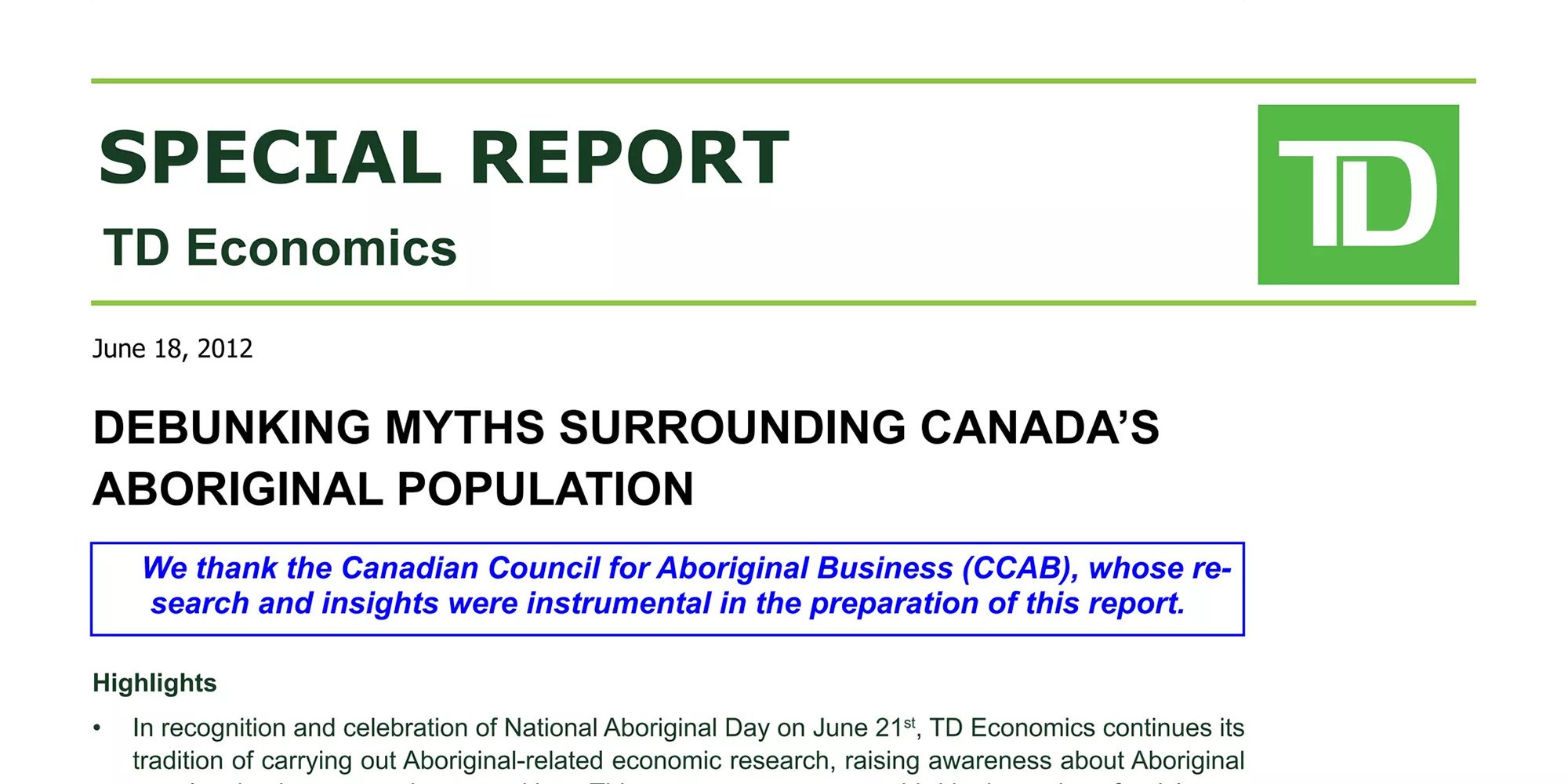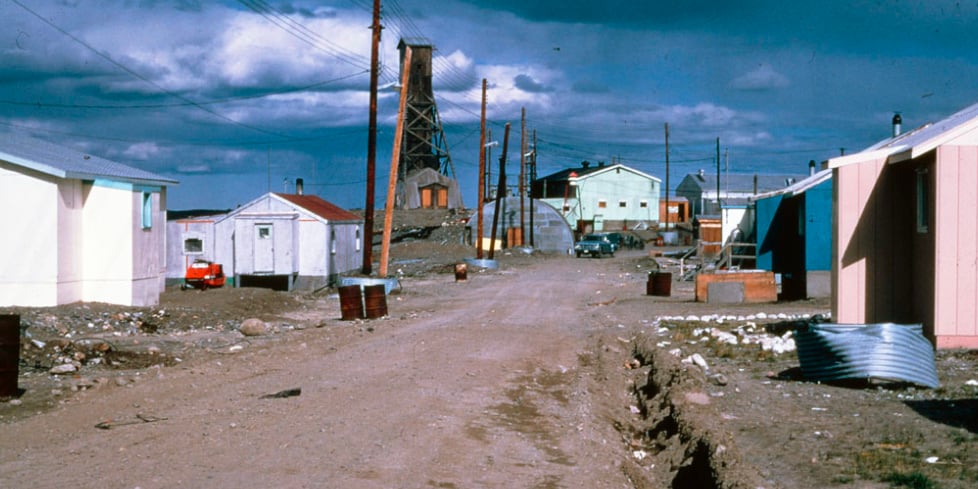Myth #4: Indigenous Peoples Receive Free Post Secondary Education
Myth #4: Indigenous Peoples receive free post-secondary education. Reality: To say that Indigenous Peoples receive free post-secondary funding is...
3 min read
Bob Joseph April 07, 2013

In my workshops, I frequently hear statements about unfair advantages and benefits that are available to Aboriginal People in Canada but not to non-Aboriginal people. I call these statements “myths”. The Oxford Canadian Dictionary defines a myth as a “widely held but false notion”. I will be “de-myth-ifying” some of these myths in a series of postings.
Reality: This myth is proclaimed frequently and is presented as a testament that Status Indians in Canada have a massive advantage over other people in Canada.
Federal tax exemptions for Aboriginal People have existed at least since the consolidation of the Indian Act in 1876 but only apply in very specific and limited conditions. Under sections 87 and 90 of the Indian Act, Status Indians do not pay federal or provincial taxes on their personal and real property that is on a reserve. Personal property includes goods, services and income as defined under the Canada Customs and Revenue Agency policies. As income is considered personal property, Status Indians who work on a reserve do not pay federal or provincial taxes on their employment income. However, income earned by Métis* and Inuit are not eligible for this exemption, and they generally do not live on reserves; income earned by Status Indians off-reserve is taxable.
The Supreme Court of Canada has concluded that the purpose of this exemption is to preserve the entitlements of Status Indians to their reserve lands and to ensure that the use of their property on their reserve lands is not eroded by taxes.
Section 87 also exempts from the federal Goods and Services Tax (GST) the goods and services bought by Status Indians at businesses located on-reserve. Goods and services purchased off-reserve by Status Indians but delivered to the reserve are also tax-exempt. Most provincial sales taxes are similarly applied. In some provinces, there are certain exemptions, such as automobiles, which must be registered to an address on a reserve in order to be tax-exempt.
Prior to Ontario rolling out that province’s GST program, the Ontario government and First Nations leaders worked together to maintain the point of sale exemption. In June 2010, all provincial parties supported a motion in the Ontario legislature calling on the federal government to maintain the current point-of-sale exemption.
I am thrilled and our people will be relieved that the point of sale exemption for First Nations will be continued within the HST framework. First Nations have worked tirelessly with Ontario and the federal government to make this a reality. The ability to achieve this reflects the great potential of the government-to-government relationship between Ontario and First Nations.
Angus Toulous, Ontario Regional Chief
Status Indians, Indian bands and band councils in Ontario may purchase most goods or services without paying Retail Services Tax (RST), as long as the goods are for use on the reserve. Services, such as commercial parking, transient accommodation, and telecommunication services, must be provided on the reserve in order to be exempt from RST. To claim an exemption, Status Indians must show vendors their federal “Certificate of Indian Status” identity card. Indian bands and band councils must provide the vendor with a valid Purchase Exemption Certificate (PEC).
In terms of employment, the employment rate among Aboriginal people on-reserve was 52.1 percent in 2001 and 52.2 percent in 2006. In 2006, the median income for Aboriginal peoples was $18,962 – 30 percent lower than the $27,097 median income for the rest of Canadians. Even if these limited tax exemptions did not exist, most on-reserve Status Indians still do not earn enough in order to be subject to personal income tax. Lower taxes do not equal more freedom or a massive advantage.
As you can see, some Status Indians may not pay federal or provincial taxes on their personal and real property but this hardly makes up for the other financial difficulties imposed on their lives through the Indian Act.
*On January 8, 2013, the Federal Court ruled that 200,000 Métis and 400,000 non-status Indians in Canada are indeed "Indians" under the Constitution Act, and fall under federal jurisdiction. On February 6, 2013, the federal government announced it would appeal the landmark Federal Court ruling.
Although we talk about taxes in this article, we are not tax experts or even accountants, and if you do have specific questions about Indian taxation you should find a qualified accountant who is familiar with Indian taxation. I also recommend you contact the Canada Revenue Agency for specific questions about taxation.
By Bob Joseph
There are a number of myths out there regarding Indigenous Peoples so we decided to compile them and associated realities into an ebook. Sign up for our newsletter to download your copy today.
Featured photo: Unsplash

Myth #4: Indigenous Peoples receive free post-secondary education. Reality: To say that Indigenous Peoples receive free post-secondary funding is...

Debunking Myths Surrounding Canada's Aboriginal Population was released by TD Economics on June 18, 2012. In the Special Report by TD Economics, the...

Myth #3: First Nations get free housing on reserves. Reality: Indigenous People can apply for social housing programs offered by the Canada Mortgage...